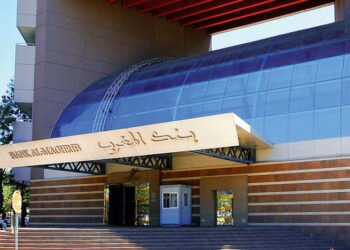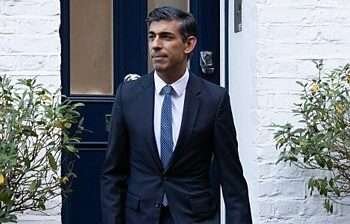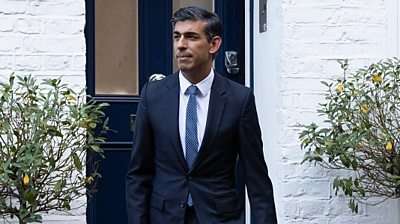A deepening standoff between Sudan’s transitional government and Darfur-based armed movements has slowed efforts to form a new cabinet, as the groups insist on a unified package of ministerial appointments under the terms of the 2020 Juba Peace Agreement.
The coalition of Darfuri signatories, which includes the Justice and Equality Movement (JEM) and the Sudan Liberation Army of Minni Minawi, issued a statement reaffirming their demand that “representation of the parties of the [Darfur] track in the Council of Ministers” must come “as a single package, without fragmentation.”
The demand has become a major obstacle for Prime Minister Kamel Idris, who is under increasing pressure to assemble an inclusive administration amid the nation’s ongoing civil and political crises. Idris has already named ministers for six portfolios, including defense and interior, but appointments for the 17 remaining ministries remain pending. Under the peace deal, 25% of cabinet positions were reserved for Darfur movements, accounting for six of the unfilled roles.
Talks in Port Sudan between the Darfuri leaders and General Shams al-Din Kabbashi of the Sovereign Council were confirmed Monday by insiders familiar with the matter. While details of the negotiation remain under wraps, sources revealed that the core dispute involves control over lucrative and strategic economic ministries.
The Darfur groups are pushing to retain control of both the finance and minerals ministries. A proposed compromise, according to informed sources, would allow the groups to hold onto those two key portfolios in exchange for surrendering their claim to the Ministry of Social Development.
Additionally, there is talk within the prime minister’s circle about separating economic planning from the finance ministry, a move that would reduce the consolidated power previously held by Gibril Ibrahim, the current leader of JEM and former finance minister.
Army Gains Ground Amid Cabinet Dispute
While political negotiations falter in Port Sudan, military developments are shifting the balance on the ground in central Sudan. The national army announced on Tuesday that it had recaptured two key areas, Al-Riash and Kazgail, in North Kordofan from the Rapid Support Forces (RSF), a paramilitary group accused of atrocities during the conflict.
Brigadier General Nabil Abdullah, the army’s spokesperson, claimed the victories were achieved by the elite Al-Sayyad mobile unit, declaring in a statement: “With God’s help… the Al-Sayyad mobile unit has defeated the remnants of the Daglo militia in Al-Riash and Kazgail… after inflicting heavy losses on the enemy.” The army continues to refer to the RSF as the Daglo militia, referencing the family that leads the group.

Kazgail had been under RSF control since late May, but recent reports suggest the paramilitary is deploying reinforcements to counter the army’s advance. Military analysts believe the gains in North Kordofan could be a precursor to broader offensives in RSF-dominated areas of South and West Kordofan.
The intensifying conflict has worsened an already dire humanitarian situation. Fierce clashes in Kordofan since May have driven thousands from their homes, with many seeking refuge in the state capital, El-Obeid. Humanitarian agencies report severe shortages of food, shelter, and medical care for the displaced, warning that the crisis may spiral further without urgent international intervention.
As Sudan juggles power-sharing disputes and a widening war front, the fragile post-Juba political settlement appears increasingly at risk. With no resolution yet in sight, both the formation of a legitimate government and the restoration of national stability hangs in the balance.




















